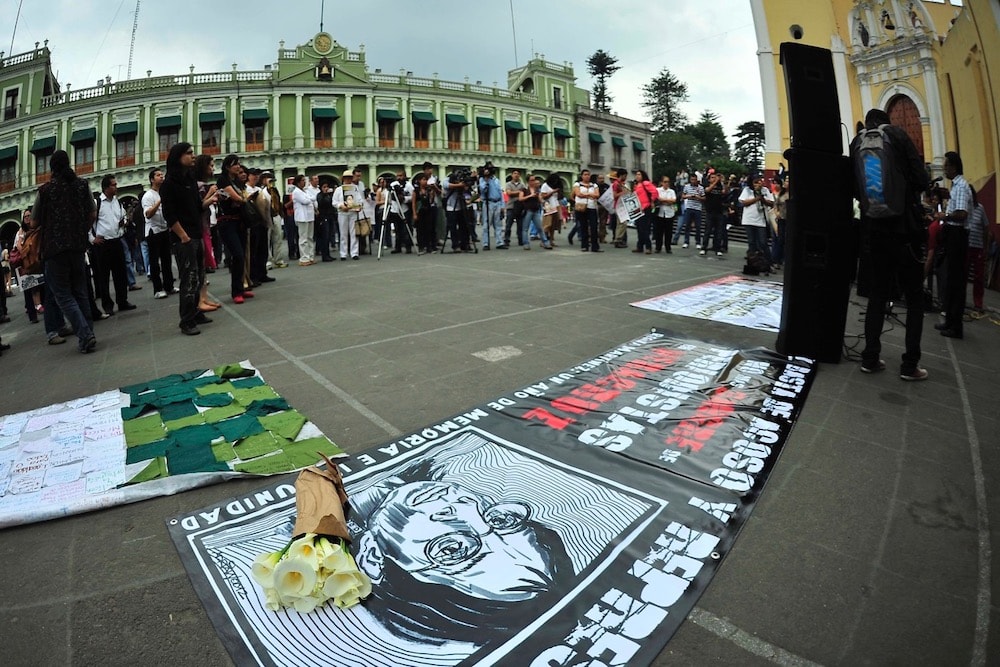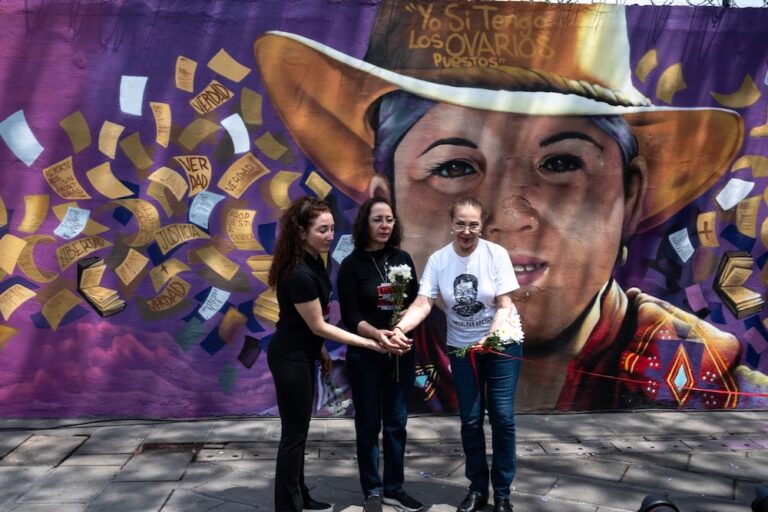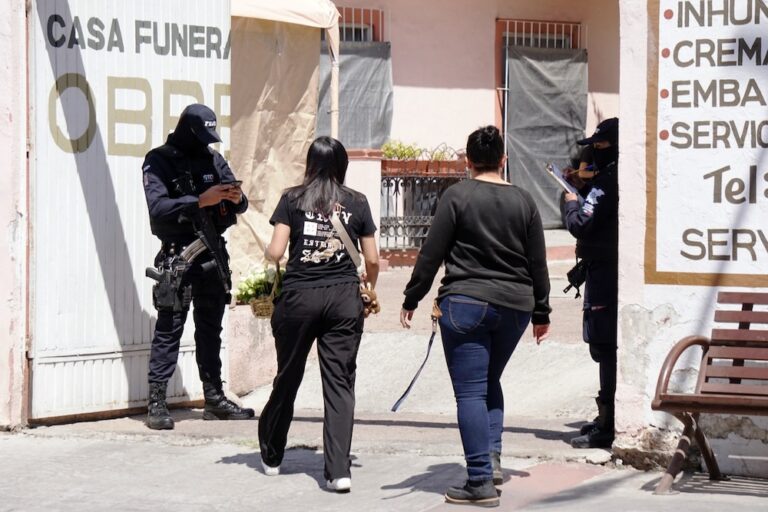RSF and Propuesta Cívica filed a complaint with the Special Prosecutor’s Office for Crimes against Freedom of Expression (FEADLE) in 2021 with the aim of getting the magazine "Proceso" formally recognised as an indirect victim so that the investigation could be relaunched.
This statement was originally published on rsf.org on 28 April 2023.
On the 11th anniversary of Mexican journalist Regina Martínez’s murder, Reporters Without Borders (RSF) and its Mexican partner, Propuesta Cívica, call on Mexico’s supreme court to recognise her employer, the weekly magazine Proceso, as an indirect victim so that the investigation into her death can be relaunched.
A respected reporter, Regina Martínez had been Proceso’s correspondent for the previous 12 years in the eastern state of Veracruz, investigating links between Veracruz’s politicians and the cartels, when she was found strangled in the bathroom of her home in Xalapa, the state’s capital, on 28 April 2012.
However, the investigation that the Mexican authorities conducted into her murder was marred by many irregularities and they completely failed to explore the many indications that her murder was linked to her work as a reporter.
RSF and Propuesta Cívica filed a complaint with the Special Prosecutor’s Office for Crimes against Freedom of Expression (FEADLE) in 2021 with the aim of getting Proceso formally recognised as an indirect victim so that the investigation could be relaunched. After the FEADLE rejected the request, it was referred on 24 October 2022 to Mexico’s supreme court, whose decision is now awaited.
Pending this decision, RSF helped organise a press conference today (28 April) in Mexico City in order to pay tribute to Martínez and explain the judicial challenges surrounding what is a very important case for journalists in Mexico.
“Regina Martínez was one of the first national media outlet reporters investigating links between politicians and the drug trade to be murdered in Mexico, and her murder marked a turning point in the security environment for journalists and their freedom in this country. Several journalistic investigations have shown that the judicial investigation was botched. A favourable supreme court ruling could not only help relaunch the investigation but also set a historic precedent in the fight against impunity for crimes of violence against journalists in Mexico”
Artur Romeu, Head of RSF’s Latin America bureau
A passionate reporter who was admired by her peers, Martínez was placed under surveillance by the Veracruz authorities because of her work. In her reporting, she often accused Veracruz’s governors of abandoning the state to the extremely violent Zetas cartel. At the time of her death, she had been about to publish information about the fate of thousands of people who had disappeared in unclear circumstances in Veracruz.



